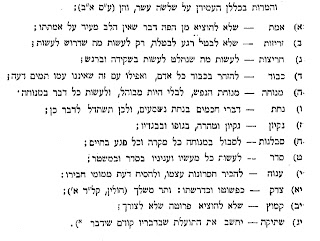 |
| Graphic from here |
In the realm of social media (i.e.- engaging with others online), I run in a few different circles.
There’s this blog which, until this past week, was linked to my Twitter account. It is a probably the crossroads between the ideal and the ordeal of my life.
My Twitter account, which I use mostly for staying on top of items of interest and also as the main tool of my own PLN (personal learning network).
My LinkedIn account is, for now, used for business networking.
Finally, there’s Facebook, which is was initially a very personal, real life, platform. Slowly some “blogging friends” were given access, but it mostly a good way to stay in touch with friends from Wichita, New York, and local Chicago types. I tried “importing” by blog posts into Facebook, but gave up because a majority of my posts were not something that the majority of my Facebook friends would find interesting. When Facebook first opened to the public I joined and saw that was mostly a way to express chizonius (the external), like people posting what they went shopping for and when they were making coffee. It’s still the number one vehicle I would use if I needed to get Tehillim said for some own, because of the amount of people who use it multiple times a day and the easy of sharing info. This blog is more of the penimius (internal) of who I am. As I wrote above, it is where the ideal and ordeal collide. What inspires me is revealed and what I find as a challenge also makes its way on this blog.
So, which one best represents me? All of them express aspects of who I am. Modern Uberdox is probably the most “real” because even though I blog under my own name, most people that I know, don’t read it (that I am aware of). That give me a little leeway with what I write and share, even though it is open to the pubic. I bring this up now because I understand that you are taking time out of your day to read this and I am appreciative. Time used to go online for anything is time that can be spent somewhere else.
There are times when you can simply add on to a house and not only update it, but make it bigger and better. Other times you find a structure is just not sturdy enough to work on and you have to level it and rebuild.
Rabbi Nachman of Breslov taught:
If you believe that you can ruin, believe you can repair. (Likutei Moharan 2, # 112)
While always attracted to growth and Mussar, I have tried for most of my observant adult life to build upon my own foundation. That has been successful for some time. I can say with confidence that my davening is tangibly different than it was a year ago. In the arena of several middos, this isn’t the case. With all of the learning I’ve done and work on myself, my Yetzer Hora got the upper hand with one specific middah and it’s been a slap in the face for me. It took a number of difficult situations over the past four months to finally accept the truth that I must rebuild from scratch. Not a fun realization, but I am grateful that it came with minimal loss. I now see that really working on myself is painful and difficult. If it comes too easy, then I am focusing on the wrong thing.









